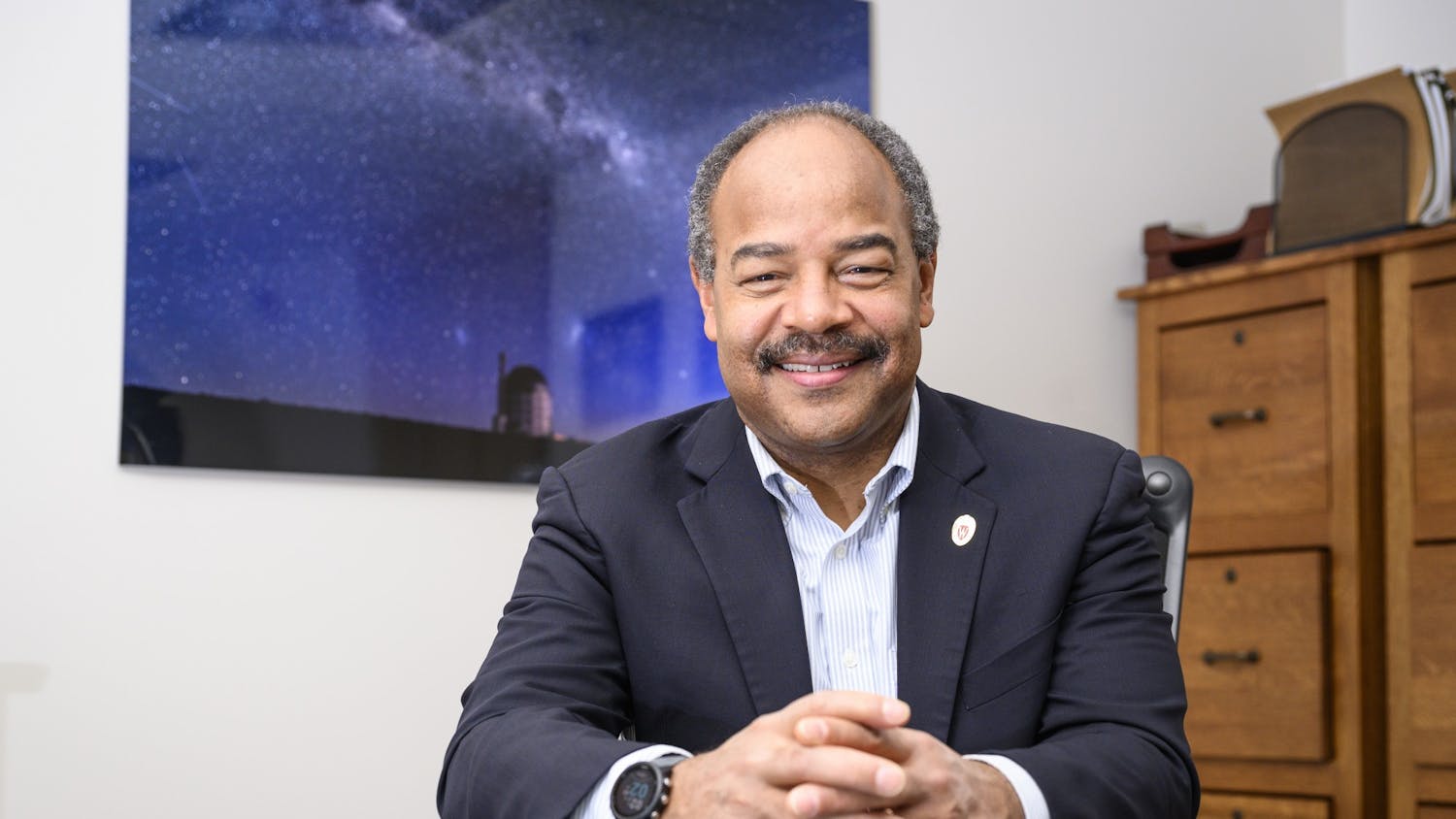The waiting is truly the hardest part, at least according to stakeholders in the biennial budget.
But after months of speculation, agency hearings, more speculation and public hearings, the state's powerful Joint Finance Committee
That debate will not include funding for the UW System, which has been one of the most hotly contested subjects since Gov. Scott Walker unveiled his budget proposal in January.
Walker's budget includes a $140 million funding boost for the system, including $42.5 million tied to the performance of each of the state's public universities in a series of metrics. Walker also proposed a tuition cut for in-state students and a series of non-fiscal policies. Those included a requirement allowing students to opt out of paying certain fees, arguing it prevented students from paying to support organizations they do not agree with.
The opt-out provision, along with a host of other non-fiscal pieces of the budget, were removed by the Joint Finance Committee last month. While those measures can be reintroduced in the Legislature as stand-alone bills at a later time, many cheered their removal as a boon for the system.
“Removing the opt-out from the state budget is a huge win for Wisconsin students,” said Sally Rohrer, chair of the Associated Students of Madison’s Legislative Affairs Committee.
But controversy still reigns over certain pieces of the budget, including Walker's proposed tuition cut. Members of both parties in the Legislature have largely said they want the money for the 5 percent tuition cut to instead be diverted to financial aid. UW-Madison Chancellor Rebecca Blank and UW System President Ray Cross have also said they would prefer an increase in need-based financial aid.
“My sense is that, if you’re going to put substantial money into the university of that sort, you really ought to focus it on the students who most need the access, as opposed to spreading it widely across all students,” Blank told The Chronicle of Higher Education.
Lawmakers on the Joint Finance Committee have essentially proclaimed the tuition cut dead. State Sen. Luther Olsen, R-Ripon, told The Daily Cardinal that there was little support for an across-the-board tuition cut in the JFC.
Other legislators have said they would support lifting the tuition freeze, which was implemented in 2011 and has long been a point of pride for Walker. State Rep. Dale Kooyenga, R-Brookfield, wrote in an op-ed earlier this year that a tuition cut could result in higher taxes for all Wisconsinites.
“The governor’s proposal to cut tuition either creates a funding shortfall within the UW System or would require the UW System’s budget be backfilled with more general fund revenue (GPR),” Kooyenga wrote. “Such a transfer of money means that Wisconsin’s hard-working men and women, most of whom do not have a college degree, will have to pay higher taxes as a result.”
But a separate fight over transportation funding has the potential to dictate other major parts of the budget, including funding for the UW System and K-12 education. Walker has remained steadfast in his refusal to raise taxes or fees to pay for road work, instead advocating for borrowing $500 million in funding.
Republican legislators, led by Assembly Speaker Robin Vos, R-Rochester, and Joint Finance Committee Co-Chair John Nygren, R-Marinette, have moved away from Walker's plan and have pledged to formulate a new way of funding roads. They argue that it is irresponsible to borrow and saddle the transportation fund with nearly a $1 billion shortfall.
A final vote on the budget normally occurs in mid-summer but the stalemate between Walker and the Legislature could draw out the process, especially if Walker follows through on his aim to veto any tax or fee increases.






